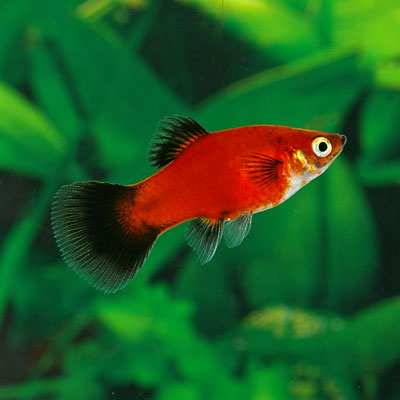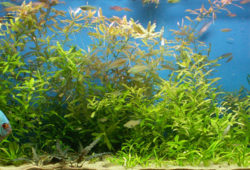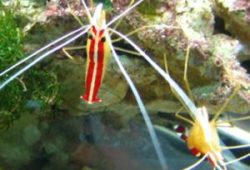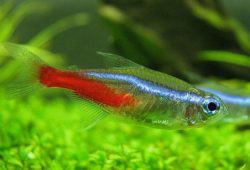Is there such a person as a fish Doctor?
The article concerns the following question – Is there such a person as a fish Doctor? If your pet dog or cat becomes sick or is injured, you take it to the vet. But what if your pet fish becomes ill? One option is to contact a vet that specialises in the treatment fish although at this stage there are only a handful of those in Australia, or you could seek advice from a qualified Aquaculturalist.
Just as a Horticulturalist studies plants and how to grow them, identify them and treat them for disease, an Aquaculturalist does the same with fish. The entry level is a Certificate in Aquaculture which takes two years of study through TAFE, and further study can be undertaken to complete a degree in the field.

Although much of the work in Aquaculture is based around the commercial farming of fish for human consumption, a number of qualified Aquaculturalists such as myself, have chosen to specialise in the care and treatment of ornamental fish such as goldfish and freshwater tropical fish.
In aquaculture, the saying goes, “keeping fish is all about looking after the water” and one of the key areas that Aquaculturalists study is what is known as water quality. In simple terms this means that they learn about the actions and reactions that occur in the aquatic environment and how these affect the fish.
Keeping fish for the first time can be a little daunting when you look at the vast array of products and testing kits available. As an Aquaculturalist, I always try to de-mystify this for new hobbyists and explain every thing in simple terms.
In my opinion there are three basic things that you need to do to ensure that aquarium fish remain healthy.
1)Add fish to the aquarium slowly and do not over stock it. Over stocking affects the water quality and can stress fish which will lead to disease.
2)Do not over feed the fish as over feeding will pollute the water and affect the quality of the water.
3)Change the water regularly. Even with the most advanced filters, overtime waste products build up in the aquarium and will alter the quality of the water. A small partial change of about 1/3 of the water every two weeks will ensure that the water in the aquarium remains in a healthy state and will be much less stressful on the fish than emptying out the aquarium once a year as many people do!
These are very basic points, but the beauty of dealing with an Aquaculturalist is that they will help you understand why things happen in the aquarium and how to prevent them from happening again rather than just providing you with a quick solution.
We have two qualified Aquaculturalists on the staff at Bowral Pets and Aquarium which is a rarity as very few pet shops have any at this stage, but with more and more people studying this field, I am hopeful that the day will come when every pet store or aquarium has at least one qualified Aquaculuralist on staff.



